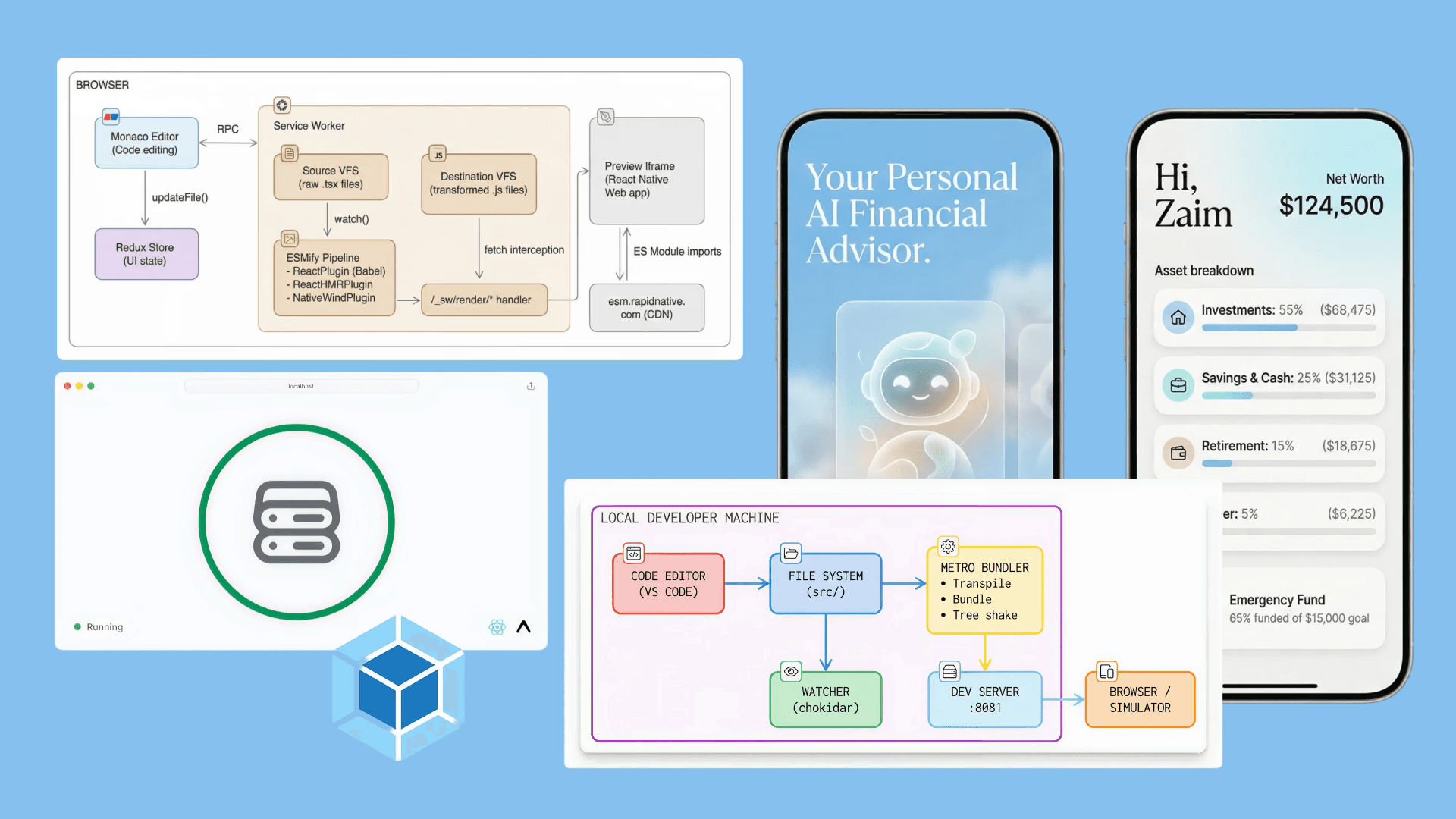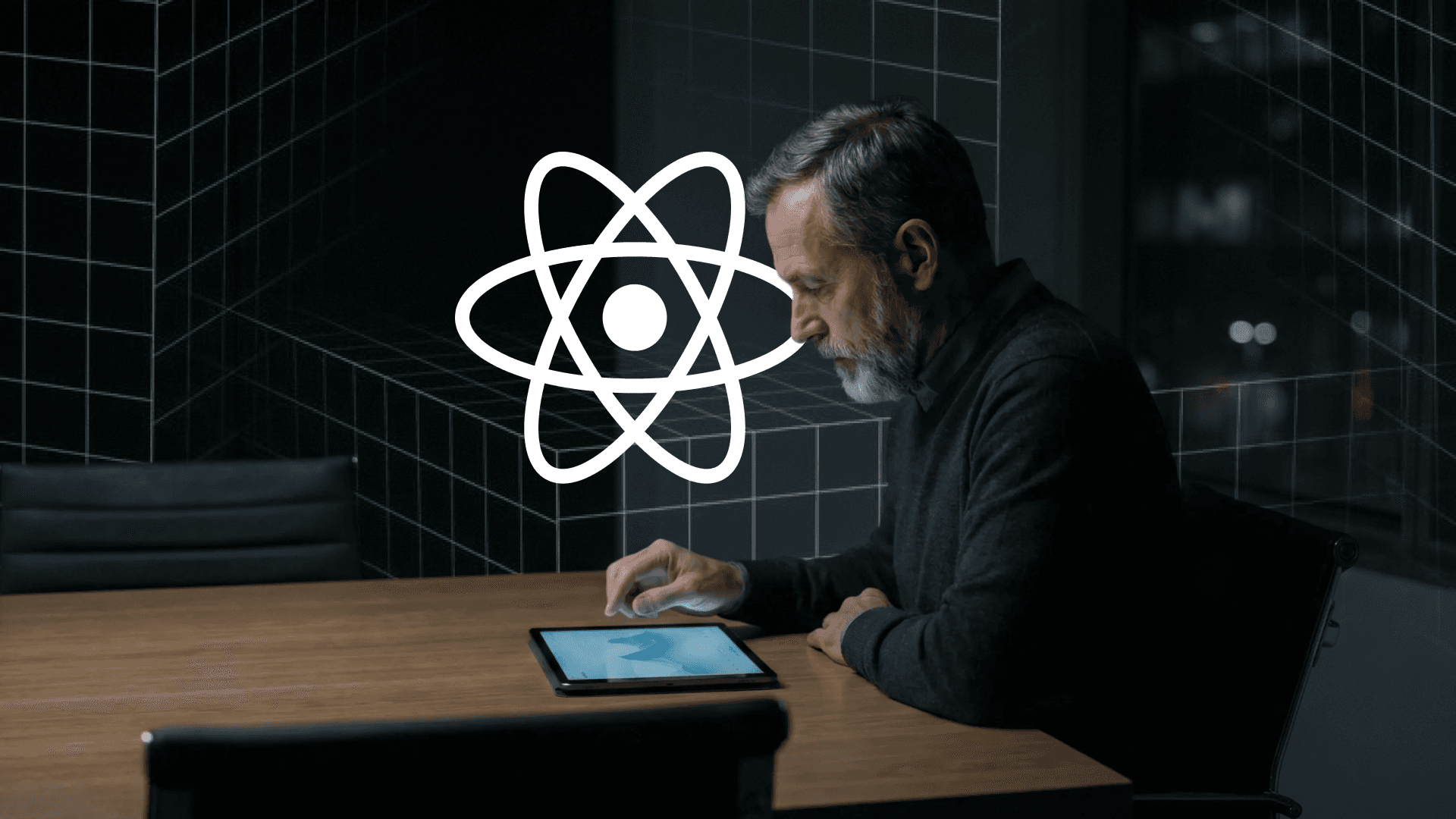Table of Contents
Learn And Build The Perfect EHR Software
Author

Date

Book a call
Technology is swiftly becoming the bedrock of storing and accessing health data to improve patient outcomes. But adopting new tech is challenging for all healthcare providers/professionals. There also needs to be a balance between digital adoption and patient focus; a thin line exists between the two.
Electronic Health Records (EHR) are emerging as the solution to this conundrum. It is an electronic version of a patient's health records which is managed by the provider. An EHR may contain prior medical information such as vital signs, progress notes, diagnoses, prescriptions, immunization dates, allergies, lab results, and imaging reports. Their aim is to create a comprehensive health portfolio of the individial, accessible by patients & providers.
Essential Features Of An EHR Software
When building a custom EHR software, there need to be certain features that are non-negotiable. They are listed below:
- Patient’s Profile
- Health History
- Patient’s App or Patient Portal
- Cloud-based WhatsApp/phone message-built feature to receive e-prescription
- Lab e-Reports, medical imaging reports (downloadable reports in pdf files)
- Notifications/Reminders features for appointment booking & scheduling
- Dashboard Portal for super admins to manage & view analytics
Building A Custom EHR App
Important steps a project manager/developer should know whilst building a EHR application.
1. Regulatory Compliant Apps
In our case, building HIPAA compliant app is a must. Understanding the guidelines provided by HIPAA from a developer’s perspective should be kept in the priority list. All the requirements must be met across the healthcare bodies.
2. Easy Workflows & Intuitive Designs
While building an app, the design & business team should look at making workflows user-friendly, considering the users can be global. To make the app more user-friendly, there should be multiple language options.
3. Secure Data Transfer
Making apps interoperable for seamless & secure data transfer is very important. Since patient’s data is private, sharing that data privately should be kept in developer's mind.
4. Analytical Reporting
Healthcare providers can quickly make decisions & focus on patients by viewing reports & charts.
Among all the points mentioned above, we need to get a deeper understanding of HIPAA & what are the pillars of HIPAA (from a developer’s perspective)
1 | Privacy Rule |
2 | Security Rule |
3 | Enforcement Rule |
4 | Breach Notification Rule |
Considering all the rules, a developer should know how to incorporate the points mentioned in the list below whilst developing a HIPAA-compliant patient portal :
- Adding SSL certificates to the website
- Encrypt data in transit
- HIPAA-compliant mailbox
- Not storing the pH data on the site/server
- Using the right hosting environment like AWS services
- Encrypted file store
- Authorization checks
- Disaster recovery set up
What Is The Preferred Technology To Build EHR Apps?
Choosing the right technology is very crucial while building an EHR application to ensure its good quality for any hospital or clinic. At GeekyAnts, we worked on the below tech stacks to develop EHR applications for our client:
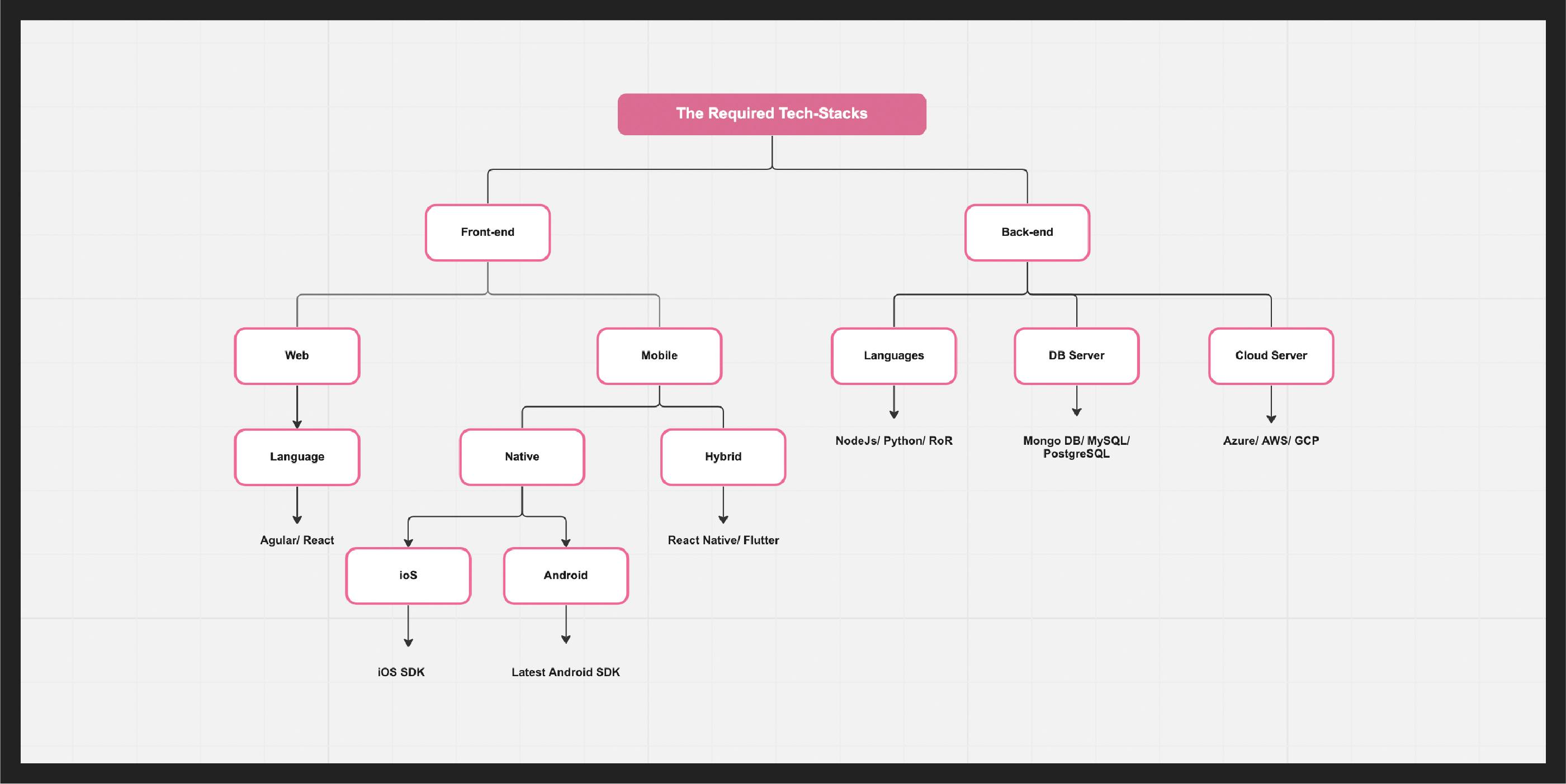
This is how EHR software captures basic information about patients
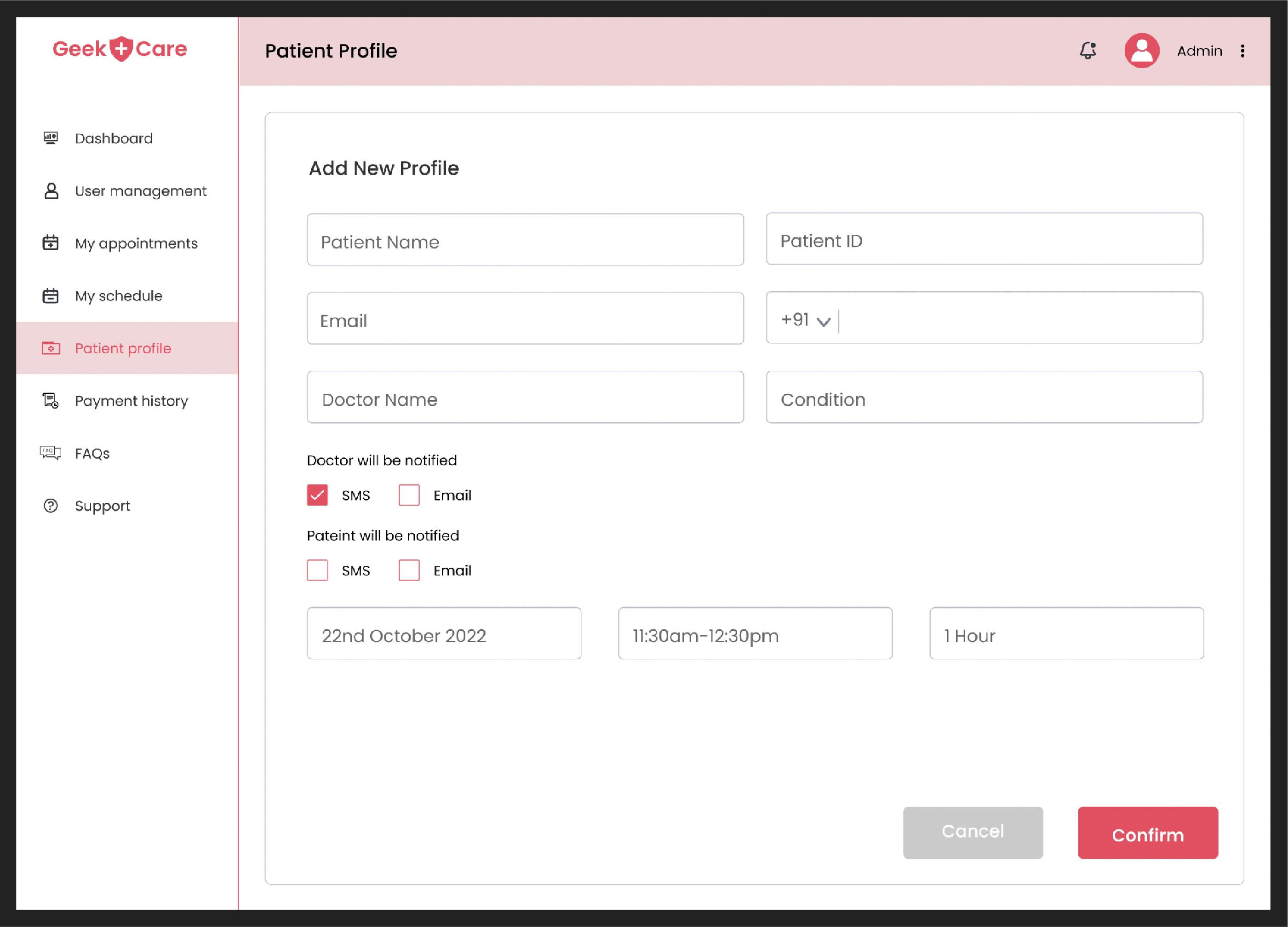
Above is a screenshot of our EHR app, GeekCare showing how it can help capture basic patient information. In addition, the app includes additional features such as an admin panel and a login area.
GeekCare makes it simple for patients and physicians to communicate. Added features such as appointment scheduling, prescription management, and video conferencing make it a terrific health service provider.
EHR Vendors (Top 10 EHR Vendors)
With more than 500 vendors selling different EHR products, the EHR market is huge and crowded. The majority of the pie is, however, controlled by a small number of elite providers.
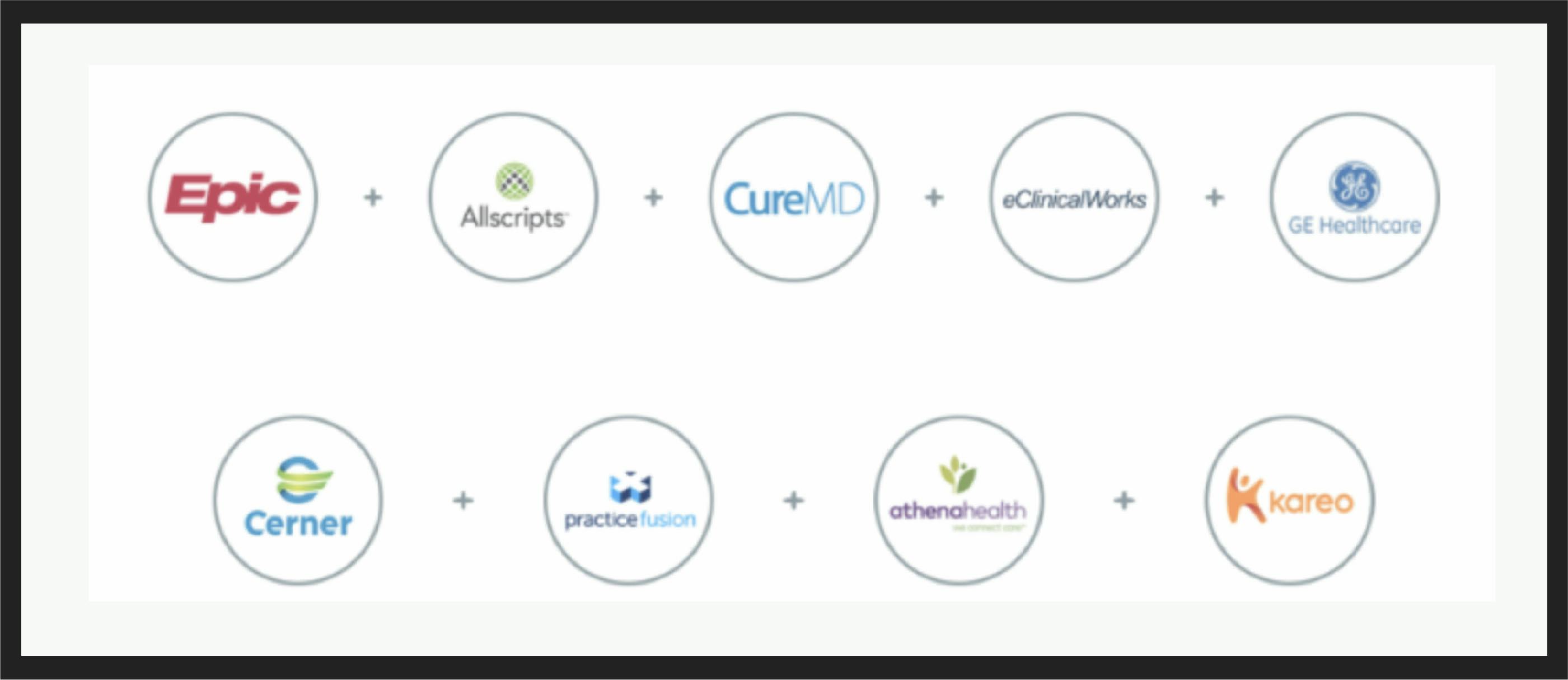
Conclusion
Data is important in healthcare because it allows providers to make the right decisions at the right time. Only by using the proper EHR software can we access, restore, transfer, and visualize healthcare data. Any hospital or clinic could begin by installing EHR software to improve the management of internal and patient data. They can either develop custom EHR software or use market vendors. There are still some remote areas in India where collecting patient data is difficult. We hope that once the Indian government issues a health card, the data from this EHR software will be extremely useful. EHRs are certainly revolutionizing the healthcare space. EHRs are unquestionably the future of healthcare because they provide critical data that can aid in the coordination of care among all healthcare providers in the healthcare ecosystem.




